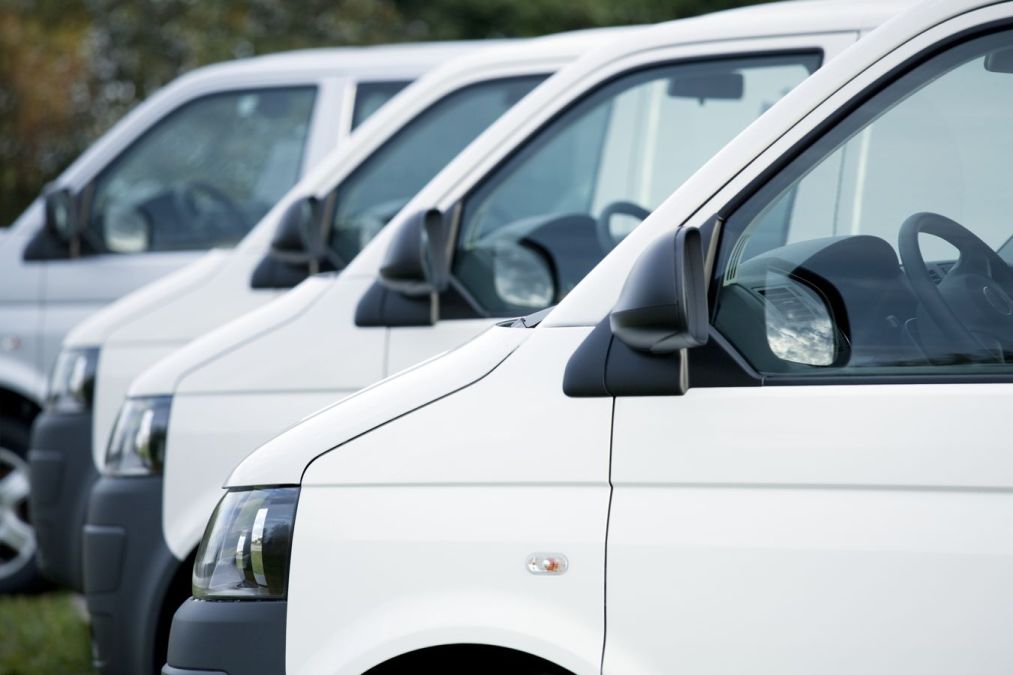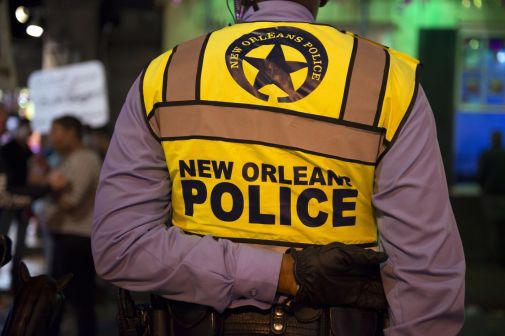Denver claims AI-powered dash cams nearly eliminated unsafe driving among staff

In the year since Denver’s transportation department migrated its vehicle fleet operations to cloud software with centralized data-sharing and artificial intelligence-powered dash cameras, the consolidated city and county government claims to have almost completely eliminated unsafe driving practices among its staff.
The upgraded system, Samsara Connected Operations Cloud, connects operations across more than 40 Denver divisions and agencies that operate vehicles on city streets. The new system consolidates driver and vehicle data, which local officials said has allowed them to proactively manage their fleet operations and performance. Along with an improvement in safety and efficiency on the roads, officials said the new system will also help Denver achieve its sustainability goal of a 65% reduction in emissions by 2030.
Bill Zollo, who manages the Denver’s transportation department’s fleet division, told StateScoop in an email interview that the previous fleet management system was so slow to provide indicators about maintenance that vehicles often broke down before the warnings arrived. The department also couldn’t see data from other agencies, such as the safety team, making it difficult to communicate about incidents and vehicle maintenance.
Zollo said the city spent about 18 months planning the project, but installing the dash cameras in about 1,900 vehicles and connecting them to the software only took six weeks. Denver selected Samsara, he said, because it was the only company to meet all its requirements, including not requiring the purchase of additional proprietary devices, like tablets.
In the last year, Denver has reported a 99% decrease in “harsh” driving, a 98% drop in distracted driving and a 94% reduction in safety incidents across its vehicle fleet. Local officials attributed this to Samsara’s dash cameras, which automatically capture and upload high-definition video to the cloud for review.
Denver officials use the footage to identify and correct driver behaviors, aided by the software’s coaching tools, which provide real-time feedback for drivers to improve their habits while on the road. From that data, drivers are assigned safety scores, which one safety supervisor said have led to improved driver awareness on the road: Denver’s fleet has seen a decrease in incident severity, with accidents in the “moderate, major, or extensive” category dropping 60% in one year, according to Samsara.
“We use Safety Scores to incentivize drivers with wellness program points, gift cards, and other rewards, and the scores make them more aware of their habits overall,” Tony Schwegmann, the safety and industrial hygiene supervisor with Denver’s transportation department, said in a case study published by the company. “They check their numbers and trends because they want to be at the top, so it makes them more aware when driving.”
Officials also said that Samsara has been helpful to Denver’s fleet technicians, as they are able to quickly locate equipment for preventative maintenance. Samsara can generate reports that spot potential vehicle issues before they escalate, helping to prevent down time.
“For example, missing a diesel particulate filter fault code could lead to the filter becoming so clogged that it requires removal and cleaning, resulting in additional cost and down time for the vehicle,” Zollo said. “By checking these critical codes on a weekly basis, we remain on top of issues before they become bigger problems.”
Denver is also using Samsara and its data-sharing capabilities to support several city initiatives, including the climate goals of its Office of Climate Action, Sustainability and Resiliency. The office uses the system’s fuel usage data reports to help direct policy and action for meeting emission-reduction goals.





